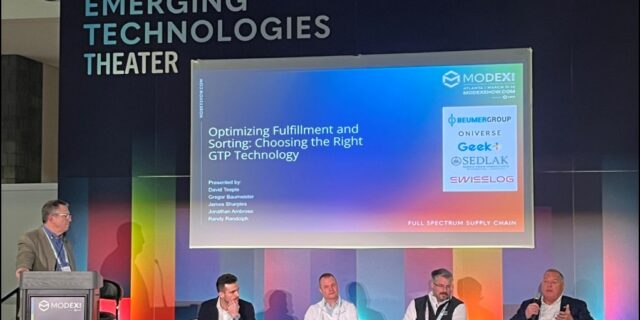How to Cut Costs and Conflict When Choosing a TMS
July 1, 2020 By: Senior Management | Topics: 3PL, IT Solutions, Transportation Management “I am looking for a transportation management system that cuts costs and can be configured to our needs, rather than something that requires a great deal of customization.”
“I am looking for a transportation management system that cuts costs and can be configured to our needs, rather than something that requires a great deal of customization.”
Does this sound familiar? Well, this is the exact message we received from one of our clients that had been promised the world by several different TMS providers.
Our clients have always worked to reduce transportation costs, but many of them (most, in fact) have recently launched targeted initiatives to capture the 5-15% reduction in freight spend through implementing a transportation management system (TMS). Unfortunately, several factors can prevent companies from getting the best deal on their new TMS.
TMS is hot right now, and it has shippers and 3PLs excited. Competition among top TMS providers and new entrants have yielded better tools and reduced product costs. That means the cost of a right-fit TMS will be justifiable for shippers and 3PLs. However, the overall TMS market has lacked innovation and focus around reducing the time and cost for implementation. These implementation costs are one of the reasons transportation divisions have a hard time getting the green light on TMS from their CFOs. This holds true in more popular SaaS models that will account for “over 65% of the TMS market by 2022, up from 37% in 2017” (Gartner).
It is also important to consider who you are purchasing the TMS from. Many logistics service providers (LSPs) and freight brokers are now reselling TMS to their shipper clients or allowing them to use their systems for free. This may sound appealing, but keep in mind the potential conflict of interest. These partners are motivated to reduce competition for your freight and win as much of it as possible at the highest rates. This creates biased data and depletes market competition, which drives your freight rates down. Kind of defeats the purpose doesn’t it?
The best way to purchase and implement a TMS is by going through an unbiased 3rd-party consultant that will work as an extension of your organization to drive down short- and long-term costs while ensuring the TMS implementation schedule is adhered to. At Sedlak, we have created a system that forces pre-vetted TMS providers to compete for your business and adhere to implementation schedules.
Wondering if a TMS is right for your organization? Contact us at info@jasedlak to speak to an experienced consultant!





